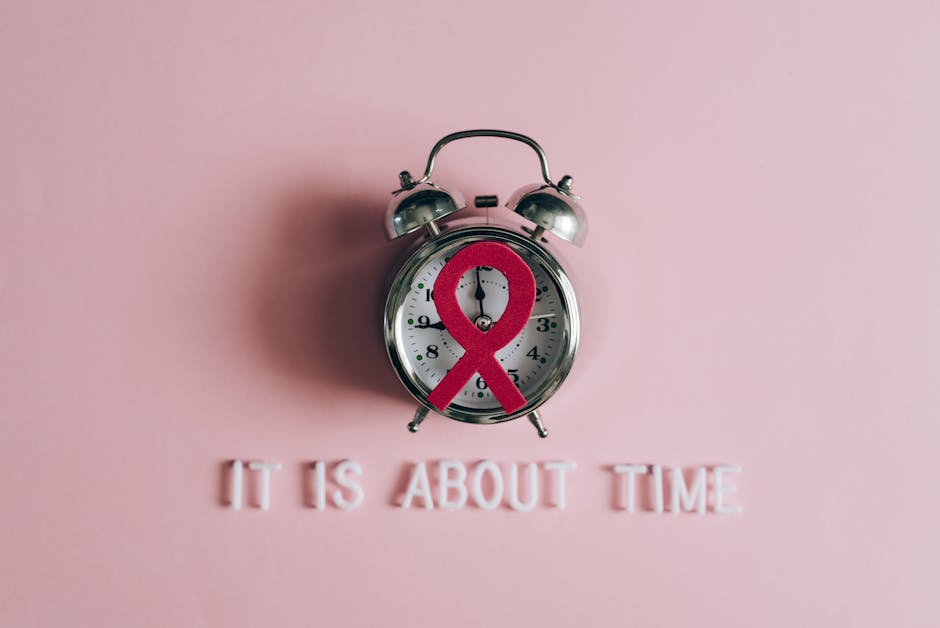Simplified HIV Treatment Regimens: DTG-Focused Antiretroviral Therapy
Simplifying HIV treatment regimens has been a significant focus in the field of medicine over the last decade, aiming to improve patient adherence and overall health outcomes. Among the breakthroughs, Dolutegravir (DTG)-focused antiretroviral therapy has emerged as a pivotal advancement. DTG, an integrase strand transfer inhibitor (INSTI), is now considered a cornerstone of HIV treatment due to its efficacy, tolerability, and a high barrier to resistance.

Globally, approximately 39 million people were living with HIV by the end of 2022, as reported by UNAIDS. The continuous evolution of treatment strategies has made DTG-based regimens a first-line recommendation in many national and international guidelines. Their use highlights a shift toward simplified, potent therapies that are designed to support long-term viral suppression while minimizing side effects and drug interactions.
What Makes DTG-Based Regimens Stand Out?
Dolutegravir's impact on antiretroviral therapy lies in its superior pharmacological profile compared to earlier treatments. It is highly effective at suppressing viral loads rapidly and maintaining undetectable levels for extended periods. This is particularly important for preventing disease progression and reducing transmission risks.
- High Barrier to Resistance: Unlike some older drugs, DTG is less likely to lead to drug-resistant mutations even if adherence falters.
- Once-Daily Dosing: Many DTG-based regimens are single-tablet options, simplifying treatment and improving adherence rates.
- Fewer Side Effects: Patients on DTG regimens often report better tolerance compared to non-DTG treatments.
This combination of benefits makes it an optimal choice for both newly diagnosed individuals and those switching from other therapies due to resistance or side effects.
Global Adoption and WHO Recommendations
The World Health Organization (WHO) recommends DTG as part of first- and second-line antiretroviral therapy regimens for adults and adolescents. This endorsement is based on clinical trial data showing its safety and efficacy across diverse populations. The Tsepamo study conducted in Botswana provided reassurance regarding its safety during pregnancy, leading to more widespread adoption even among women of childbearing age.
Several countries have integrated DTG into their national treatment protocols. In sub-Saharan Africa (a region bearing the highest HIV burden) DTG-based therapies are now being rolled out extensively thanks to reduced costs through generic manufacturing agreements supported by global initiatives like PEPFAR and The Global Fund.
Simplification Through Fixed-Dose Combinations
A major advantage of DTG-focused regimens is their availability in fixed-dose combinations (FDCs). These combine multiple active ingredients into a single pill taken once daily. Examples include:
- ViiV Healthcare's Triumeq: Combines DTG with abacavir and lamivudine.
- TLD: A widely used generic FDC that includes tenofovir disoproxil fumarate (TDF), lamivudine (3TC), and dolutegravir (DTG).
FDCs reduce pill burden significantly, which has been linked to higher adherence rates. They simplify supply chain logistics in resource-limited settings, ensuring better access for patients who need consistent medication availability.
Challenges and Considerations
While DTG-based therapies offer numerous advantages, there are some challenges that require attention:
- Weight Gain: Some studies suggest a link between DTG use and weight gain, particularly in women and those co-administered with tenofovir alafenamide (TAF).
- Drug Interactions: Although relatively low compared to older drugs, interactions with medications like rifampin or certain anticonvulsants still need careful management.
- Pediatric Use: Efforts are ongoing to develop formulations suitable for children under five years old who also require simpler treatment options.
Tackling these challenges will ensure that DTG remains a cornerstone in global HIV management strategies while addressing gaps in care for specific populations.
The Future of Simplified HIV Treatment
The success of DTG-focused antiretroviral therapy represents a milestone in simplifying HIV management while maintaining high standards of care. Continued innovation is expected in areas such as long-acting injectable formulations featuring DTG, which promise further simplification by reducing dosing frequency from daily pills to monthly or bi-monthly injections. These advancements could enhance adherence further and improve quality of life for people living with HIV.
Simplified HIV treatment regimens centered around Dolutegravir have revolutionized care for millions worldwide. By combining potent viral suppression with minimal side effects and user-friendly dosing schedules, they address critical barriers to treatment success. As ongoing research refines these therapies and expands their accessibility, they remain an essential tool in the global fight against HIV/AIDS.
